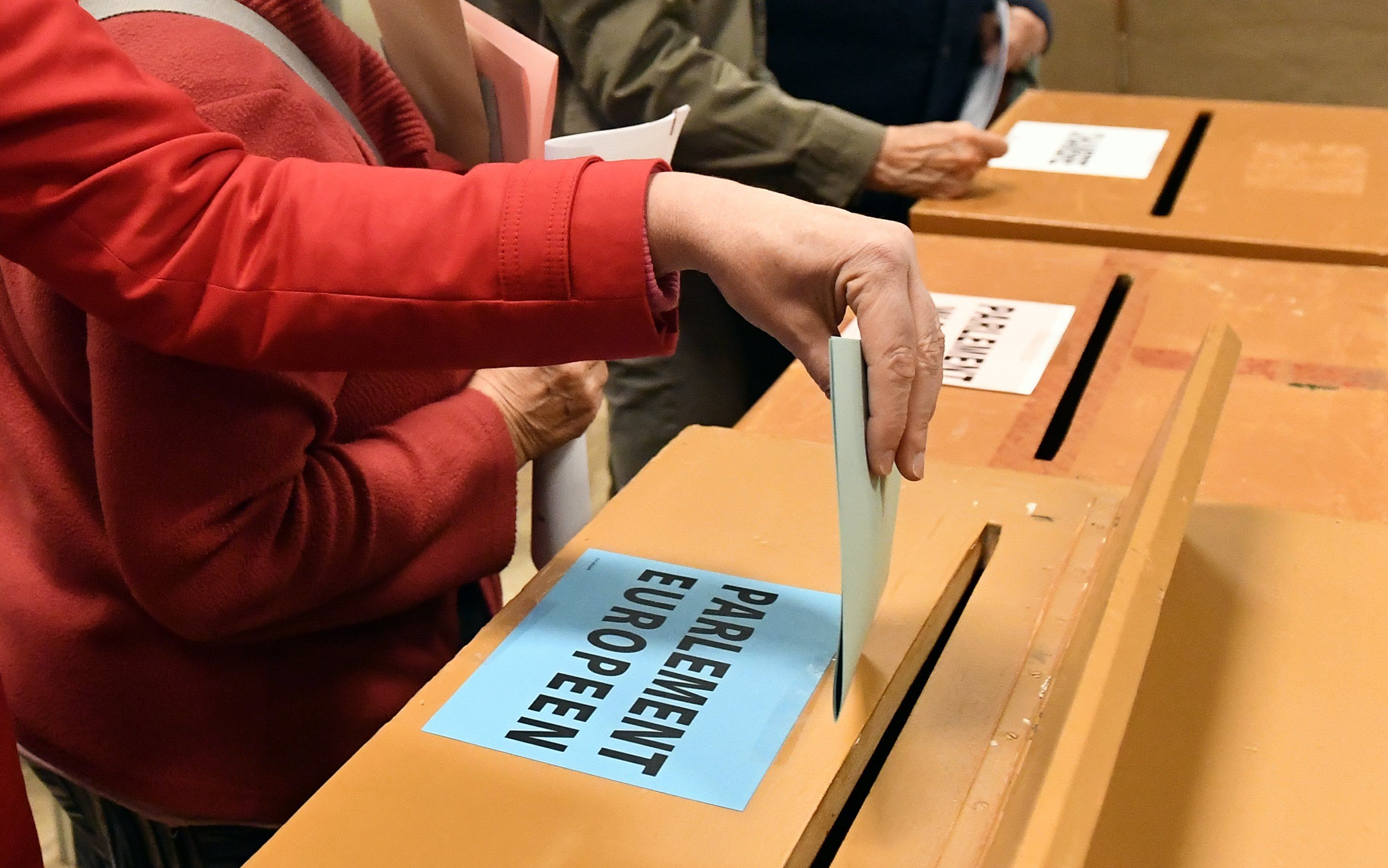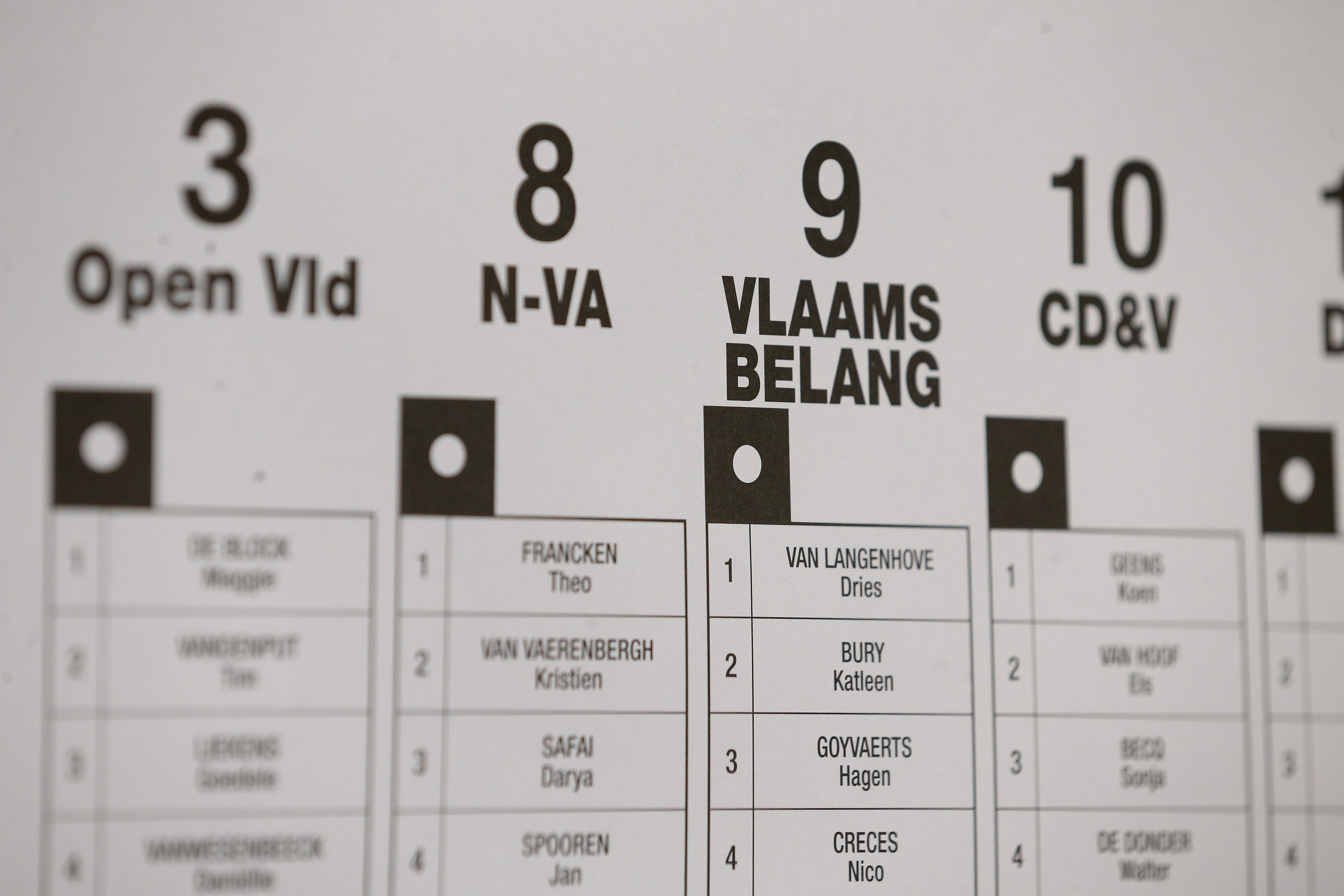A guide to the elections: The voting process in Belgium

In a complex country like Belgium, it can be difficult to understand how the voting process works. This is how the Belgian people will choose the politicians who will govern the country for the next five years.
Belgian citizens will vote at least three times on 9 June: once for the regional parliament, once for the national parliament and once for the European Parliament. Dutch speakers in Brussels will be able to vote four times, for both the Flemish Parliament and the Brussels Parliament.
As in most democratic countries, Belgian citizens over the age of 18 can vote. But thanks to a law adopted in 2023, Belgium is one of four EU member states that will allow 16- and 17-year-olds to vote in the European elections.
Compulsory voting
Belgium is also one of the few countries in the world with compulsory attendance. This means that every citizen who is eligible to vote must turn up and enter a polling booth. They are not actually obliged to vote: casting a protest vote or not voting at all are also allowed.
Belgians who do not turn up to vote can be fined between 40 and 80 euros. Repeat offenders even risk losing their citizenship. This also applies to 16- and 17-year-olds. In practice, however, these rules are almost never enforced.
Voting takes place either on paper or electronically. In Brussels, all polling stations are electronic, and in Flanders about half of the polling stations are electronic. In Wallonia, voting is always done on paper, as digital voting is considered insecure and too expensive.
In the polling booth, citizens are shown a list of parties and their candidates for each vote. Votes can be cast for one or more candidates or for the party itself. Party votes go to the first candidate on the list until they have enough votes to be elected. The remaining votes go to the second candidate on the list, and so on.
'Lijsttrekkers' and 'lijstduwers'
The candidates at the top of the list are each party's top candidates (lijsttrekkers in Dutch and tête de liste in French). They are usually the top politicians in their party and the focus of the election campaign.
Lead candidates are sometimes supported by "lijstduwers", the last candidate on the list. This is usually a celebrity or popular politician who does not want to be elected but wants to contribute to their party's success.
After the polling stations close in the early afternoon, the votes are counted as quickly as possible in counting offices. Only parties that receive at least 5 per cent of the total number of votes cast are allowed to form a government.

#FlandersNewsService | © BELGA PHOTO HATIM KAGHAT |
Related news

